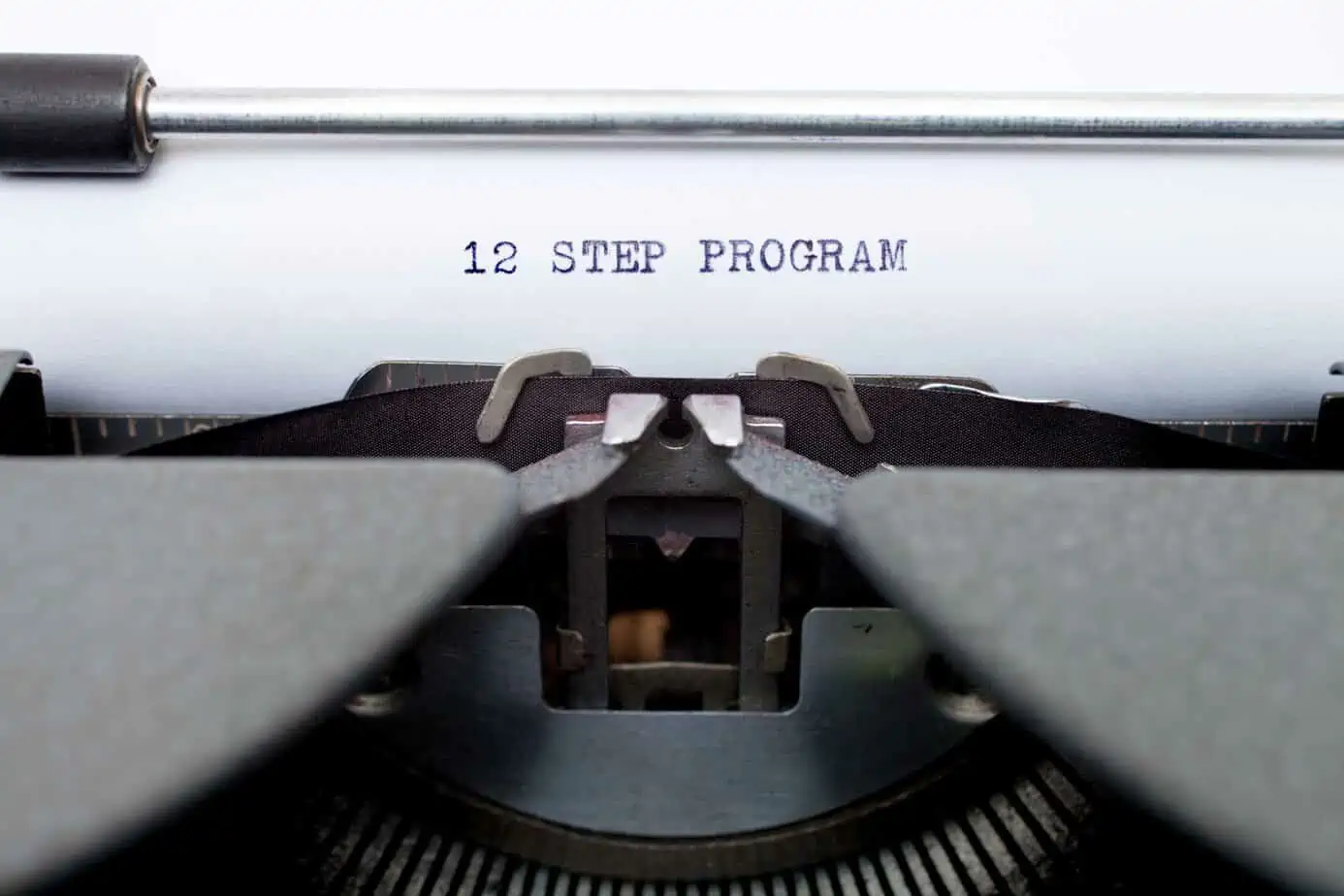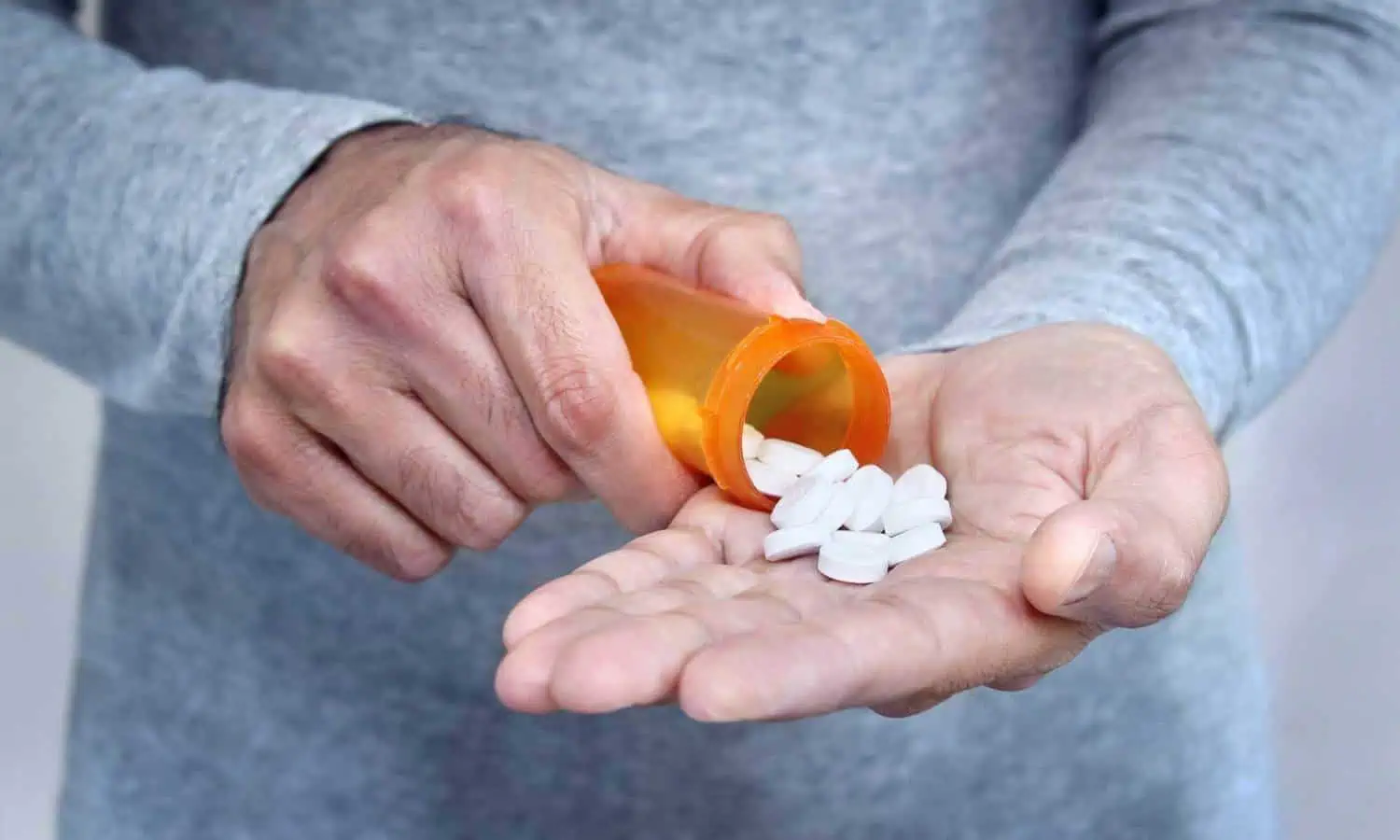In recent years, there’s been growing enthusiasm in addiction treatment for Evidence Based Practices or EBP, defined as: “The conscientious use of current best evidence in making decisions about patient care.” Who can argue with that? But in the current climate, traditional 12 Step recovery is sometimes portrayed negatively as a dreary, “faith based” has-been (picture a temperance meeting in a revivalist tent), compared with smart, sexy, scientific EBP! I’m joking here, but honestly, which one would you choose?
Although statistics about success rates are elusive, the core principle of the 12 Step program — addicts helping each other to stay clean — is strongly supported by the most recent neuroscience. In his book, Spiritual Evolution (2008), George Vaillant, M.D., director of Harvard’s Study of Adult Development for 35 years, explains the evolutionary function of positive emotions like love, hope, joy, forgiveness, compassion, faith, awe, and gratitude. He says they’re essential for the survival of the species. Anyone familiar with 12 Step programs will also recognize them as essential for recovery from addiction.
MRI studies of the brain’s mirror neurons show that rather than being told what to do, we learn best by watching and imitating another person’s example. And when you witness a loved one’s pain, your mirror neurons fire and you “feel” their pain, but you don’t reflexively recoil as you would from your own pain. And while negative emotions like pain and fear are crucial for individual survival, the neurochemical reward is still greater when a selfless act prevails over a selfish one — it actually feels good to help — so survival of the group is reinforced. Another study reveals that prayer and meditation (centerpieces of 12 Step) increase activity in the limbic system, the brain’s center for compassion.
EBPs like Cognitive Behavioral Therapy (CBT), Dialectical Behavior Therapy (DBT), Motivational Interviewing (MI), and psychopharmacology are very helpful for addicted individuals with co-occurring trauma, ADHD, bipolar disorders, and other mental illnesses, given they’re willing and able to properly follow medical advice. Sometimes after a person gets clean, they’re faced with debilitating depression, OCD, or some undiagnosed condition they’ve been self-medicating for years. Peer support along with positive emotions like gratitude and “good orderly direction” from meetings can supply the motivation to work with a psychiatrist or a therapist rather than falling back to self-medicating. In this way, meetings and therapy complement each other. And while it’s no substitute for therapy, doing Step work covers much the same ground as MI, CBT, and DBT— finding what works, identifying self-defeating behaviors, changing unhelpful attitudes and beliefs, and sustaining emotional balance.
So, here’s what goes on beneath the neuroscience: you sit together with some friendly folks and see someone who went through what you’re going through and looks like they’re doing better now; you ask them how they did it, and they show you; then you all hold hands and hug and go out to dinner, and you usually feel much better afterward.
If you or a loved one is struggling with addiction, Mountainside can help.
Click here or call (888) 833-4676 to speak with one of our addiction treatment experts.

 By
By 






